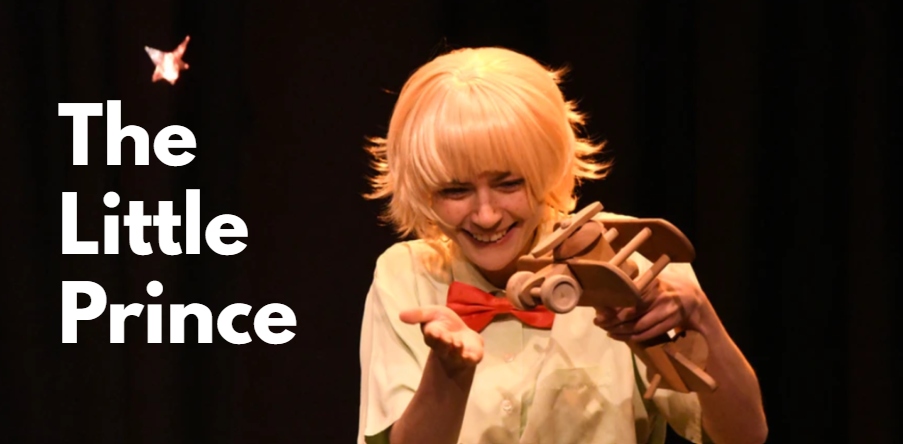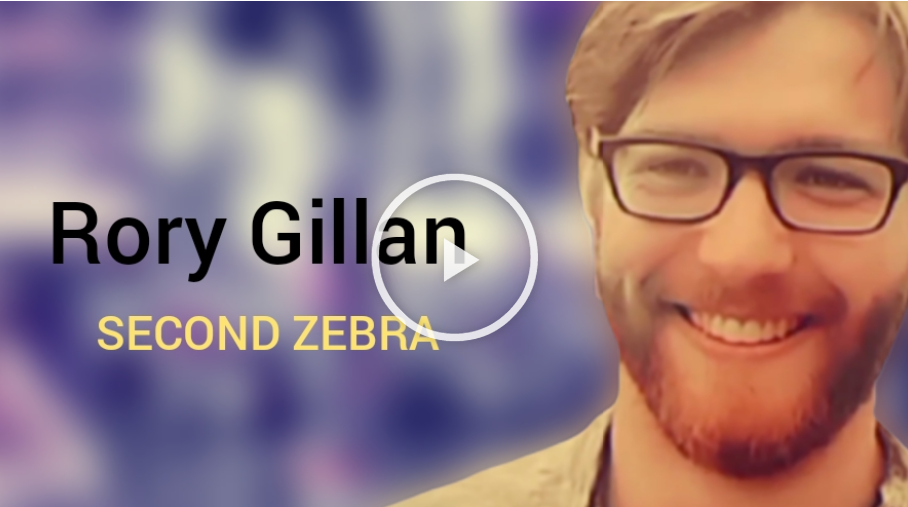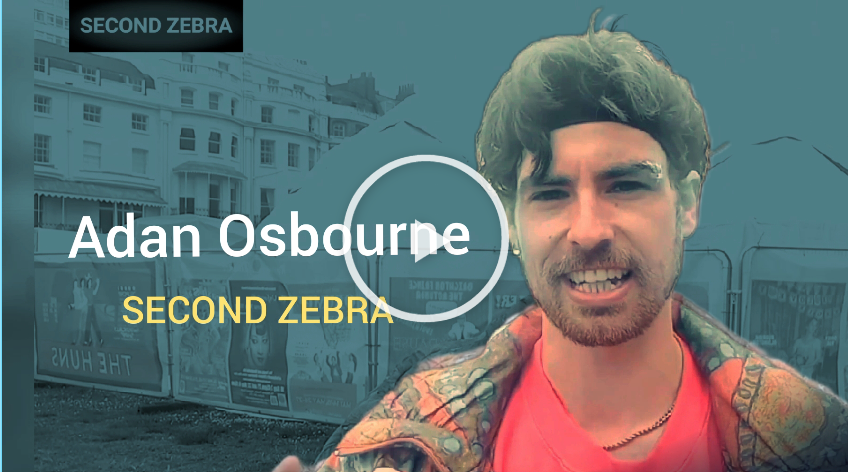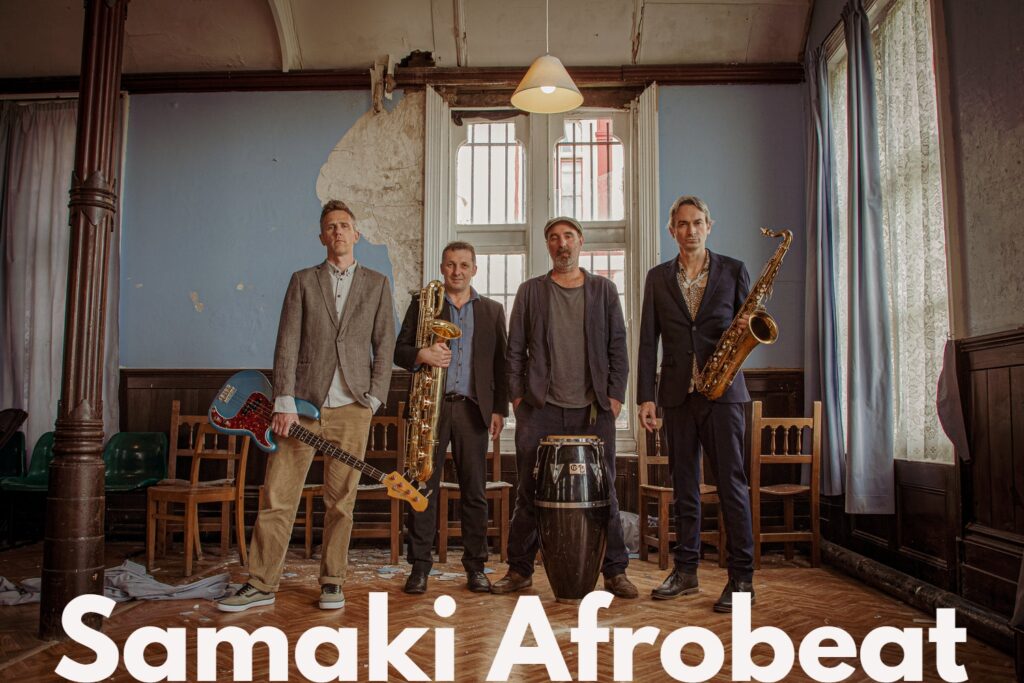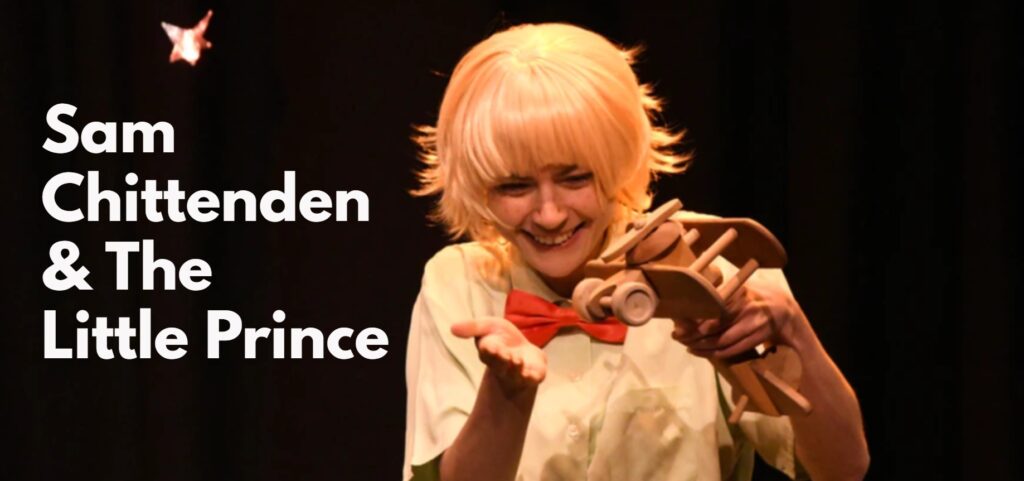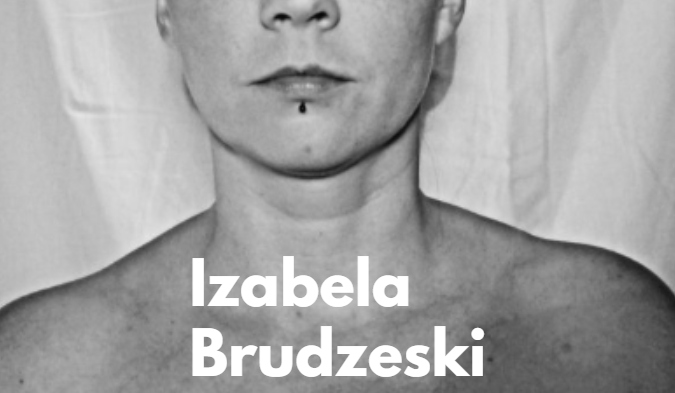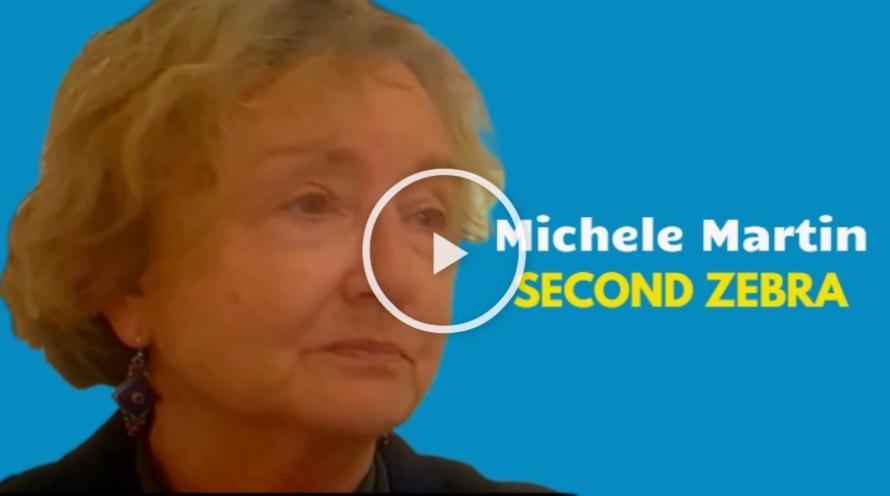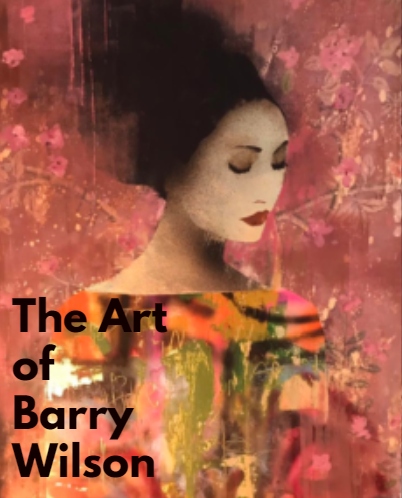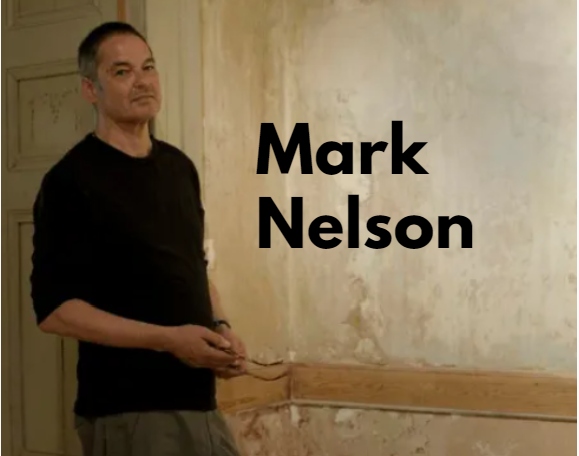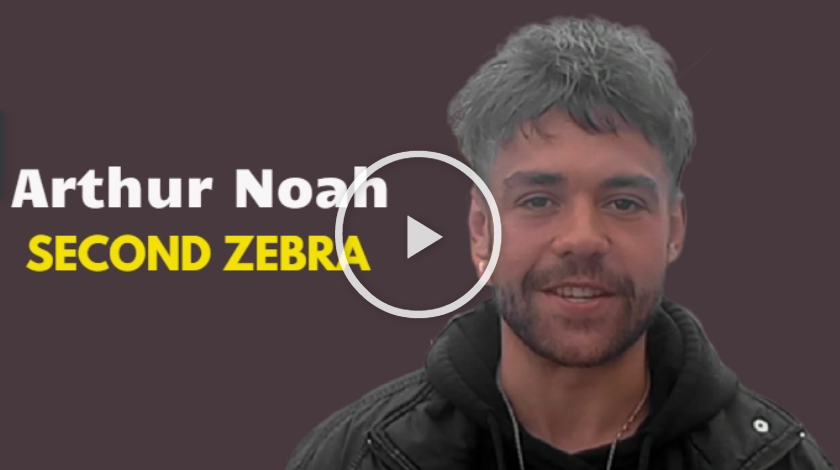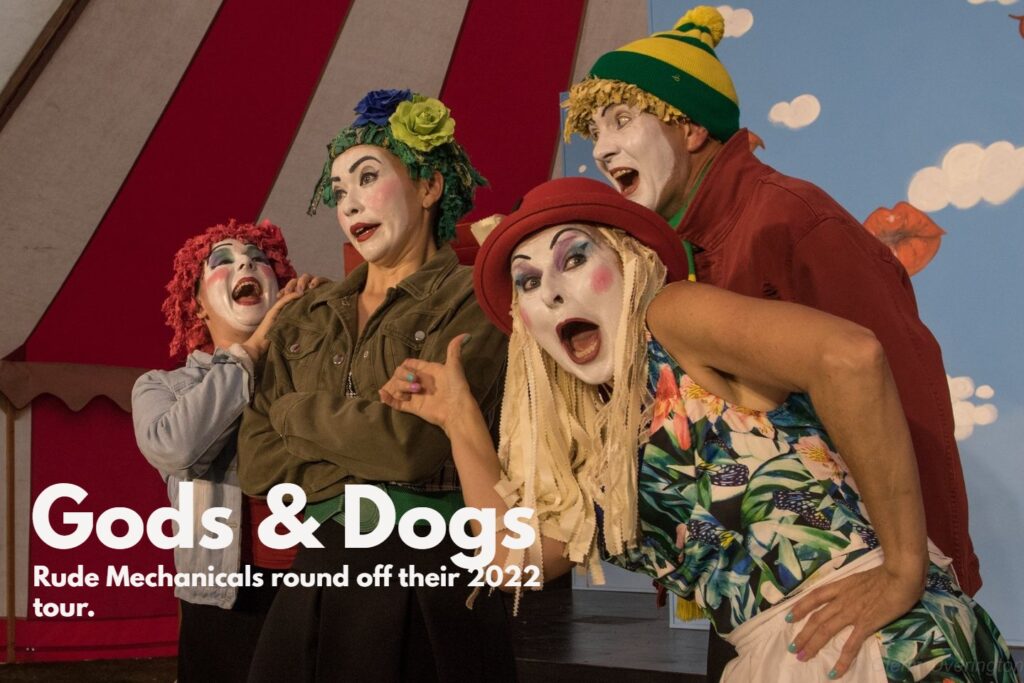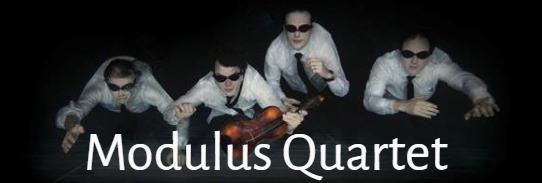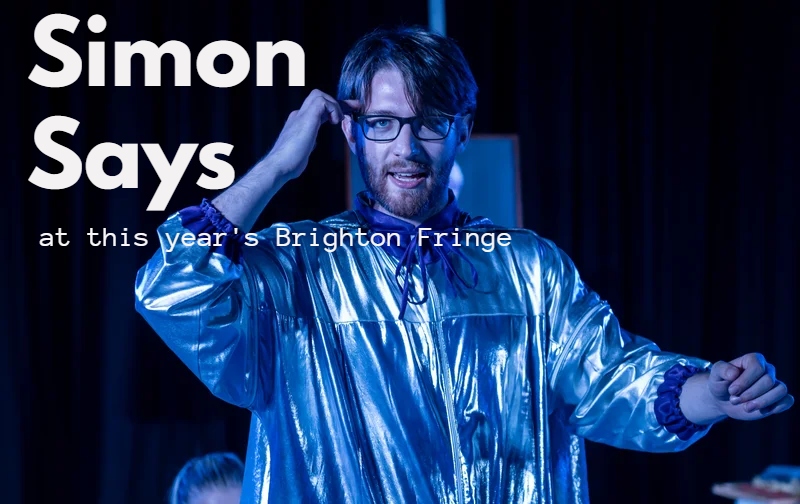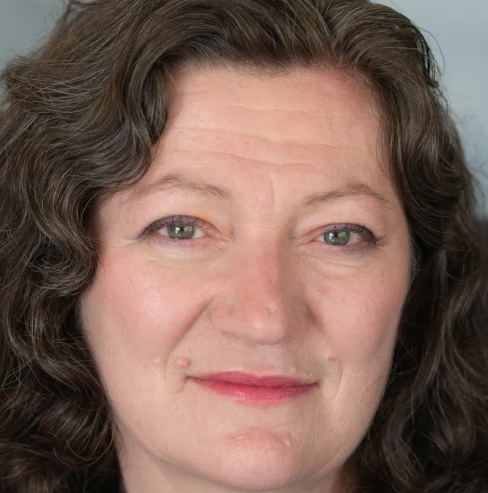
The Little Prince & Other Stories from Sam Chittenden
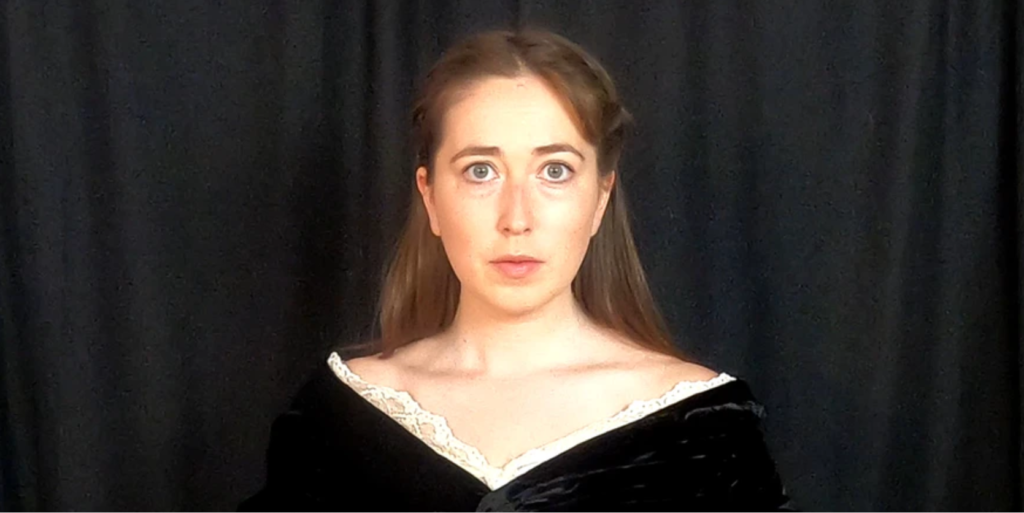
We also have two new productions: The Last which is based on Mary Shelley’s novel, The Last Man. Set in the 21st century it is said to be one of the first Sci-Fi/dystopian novels. (Playing at Friends’ Meeting House on 26 & 27 May); and, in a completely different vein, The Little Prince, a musical adaptation of the beautiful book by Antoine de Saint Exupéry. (Playing at the Rotunda Bubble on 31 May, 1 & 4 June).
The Little Prince is a well-loved and charming tale, when did the idea come to stage it and what prompted that decision?
I have loved the book since childhood and for as long as I’ve been making theatre I’ve had an urge to stage it. It wasn’t until Simon Scardanelli and I had written the songs for Clean that I realised it would make a wonderful musical. We wrote it during the first lockdown in 2020.
It’s a colourful story, what is the look and visual style of your production?
We have tried to reflect the childlike simplicity of the original illustrations in the overall design. The visual style also reflects the idea that the story’s narrator is also an illustrator. Our designer, Delphine du Barry, has created a gorgeous set and props made largely out of paper – stars, birds, planets.
The costumes are also simple but playful.
How important to creating The Little Prince is the use of music and song? At what point in the writing was the score composed?
The music and songs are a really important part of the show (and represent about half of the running time). A lot of humour and emotion is conveyed in the lyrics and the musical style. We’ve had some great feedback from audiences about the songs, including from young audience members.
The songs were written once the first adaptation of the script (translated from french) had been created. It was an interactive process of writing lyrics and music between me and Simon (Scardanelli) until the songs ‘clicked’ into place.
Sam, you have a huge creative output which must require a vast amount of energy. What drives you personally? What is it about the arts that fires you and spurs you into writing and staging new productions?
I guess I have a passion for storytelling and a curiosity for exploring how those stories might be brought to life. I might have a random idea for an original story, or read a book or perhaps an article about a historic event, and almost before I know it I’m mapping it out and seeing the staging. I also have a habit of committing myself to doing something (booking the slot; casting the actors) before I’ve finished writing something. It’s a great way to make sure I get things done, rather than procrastinating, but I do sometimes take on a bit too much!
All three of your productions this year have powerful things to say and share with their audience. Why is theatre such an effective medium for engaging and often challenging its audiences? From your experience are audiences always receptive to this?
I think there is something really special about being in the room with an audience. And I love the magic of stagecraft. The way we can suggest an idea or a feeling through the choice not only of words but of set, light, sound and movement. We create strong images, and yet the audience also have room to bring their own imagination and experience.
I also love how we can surprise audiences and get across challenging messages by being subtle and almost subliminal rather than by preaching. I sometimes think though that the hardest thing is not so much in the delivery but in the marketing of challenging shows. Some of my work has a dark or serious undertone, but that’s not to say it doesn’t also have joy and love at its heart, and I am always blown away by how much it seems to resonate with people.
The Last Man is perhaps a not very well known novel by Mary Shelley. What drew you to adapt it, and why is it so prescient today? How is it being staged? Do you think this is was an especially personal novel for Mary Shelley?
I hadn’t heard of it until about nine months ago. But as soon as I read about it I was hooked. Published in 1826, it is about a 21st century world wracked by a global pandemic. There are so many parallels with COVID, especially in the earlier chapters. It feels hugely relevant today. It not only deals with the human and societal reactions to a pandemic, but also explores the dangers of mankind’s arrogance with respect to our planet. It was a very personal and cathartic project for Mary Shelley. She started writing it soon after the death of her husband, the poet Percy Shelley, who drowned in a storm. She had suffered multiple bereavements by this time, and seems to have poured her grief and loneliness into this story. She has also immortalised Percy, Lord Byron, her sister and even herself in its characters, Mary being ‘ The Last’ of the title. I have adapted it as a one woman play, with the wonderful Amy Kidd playing Mary and then becoming Lionel Verney, the narrator of the story, along with all the other character we meet. The staging is simple – we start in Mary’s study and she uses the everyday things around her to illustrate events. It’s a lovely way to play with Mary’s own creative process.
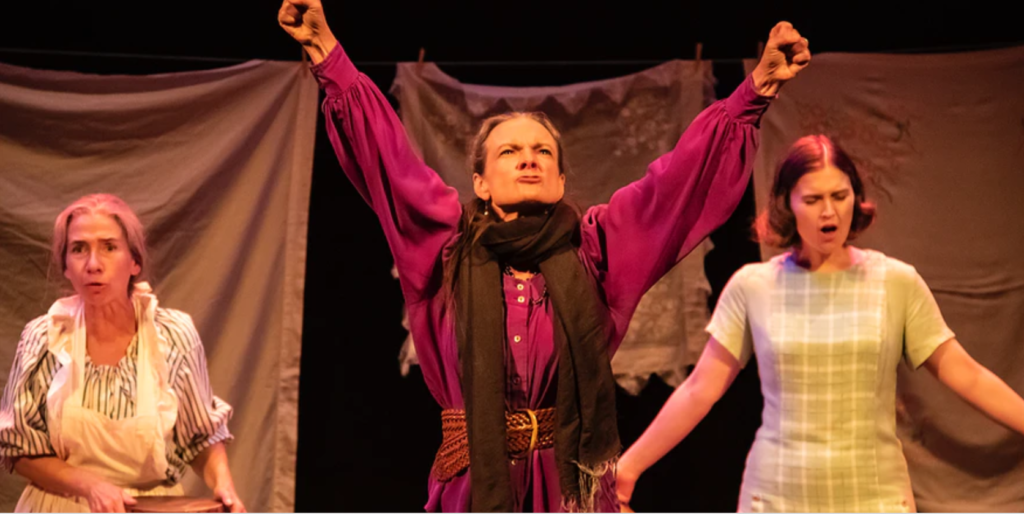
Clean! The Musical is back after its highly acclaimed Brighton Fringe debut. What is the concept behind the show and what has been the response from audiences both to its music and message?
Clean tells the stories of the women of laundry hill (or Roundhill) in Brighton, from 1870 to 2022. It weaves together seven separate stories of women over those decades, gradually becoming an ensemble piece. It is a celebration of the reliance of ordinary and extraordinary women, dealing with hardship, mental illness and – not least – the smallpox outbreak of 1950, which has amazing parallels with Covid. Audiences loved the folky vibe and rousing nature of the songs, and were incredible moved by the stories. The characters are of different ages, classes and sexualities, and everyone seemed to find at least one story they could relate to. We also had multiple five star reviews.
Finally, what is it about Brighton Fringe that you think makes it such an effective and popular platform for new theatre?
I’m probably biased as Brighton is my local festival so to speak, so I’ll always want to bring work here. But I do think this it is a very accessible festival – there is a good vibe, and a genuine sense of collaboration; because it lasts for a month you can do a long run or split runs if you want, but it is also flexible and affordable enough to do a short run to test out new work or take risks. And Brighton is a great place for both theatre makers and audiences to visit. I just wish that the arts industry would treat it a bit more seriously – I often hear people talking about scouting at Edinburgh and Vaults (London), and find myself asking ‘what about Brighton!’
